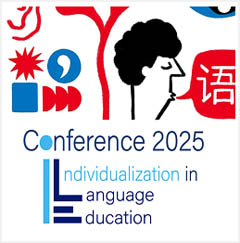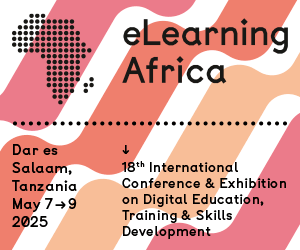Languages & The Media: Pre-Conference Workshops
Berlin (GER), July 2014 - The pre-conference workshops for the tenth Languages & The Media event are now online. From 05-07 November 2014, experts in the fields of media, sciences, and economics will once again discuss the latest developments, opportunities, and challenges in language mediation in audiovisual media under the theme "Smart Technologies - Smart Translations".
An ever-growing amount of audiovisual content is available, and a steadily increasing number of people have access to it. In Europe alone there are already more than 40.4 million television sets with Internet connections. This means that the demand for translations, subtitles, voiceovers, and acoustic image descriptions is growing. At the same time, ICT developments are constantly bringing new, innovative translation instruments and services to the market.
The complete 2014 conference programme will be published in August, but the contents of the pre-conference workshops are already online. The sessions will take place on 05 November, offering a practice-oriented approach to the conference topics.
In the "Project Management for Translators" workshop, participants will be introduced to the fundamentals of project management and gain insight into the work processes used in various industries. The workshop will focus on problem solving and communication and customer management in daily work, taking sub-disciplines like subtitling, dubbing, etc., into account.
The "Post-editing for Subtitlers" workshop will offer an overview of the subtitling industry and discuss the fundamentals of statistical machine translation (SMT) and the impact the use of such technologies will have on the translation industry. The workshop also includes a practical exercise in machine translation.
Participants in "The A to Z of Audio Guides and Co.: Strategies for Designing Audio, Video, and Multimedia Guides for Tourism and Culture" workshop will learn the steps required to create a multimedia audio guide. The measures imparted can be applied to all kinds of multimedia formats and are particularly interesting for research and teaching.
In the “Audio Description for Theatre and Opera” workshop, participants have the opportunity to learn more about access to cinemas and theatres for the visually impaired and can try out suitable software themselves.
The Conference is also targeted at providers of audiovisual-media products; television services; film-festival organisers; developers and website translators; dubbing, subtitling, and localisation companies; language and media scientists; and representatives of consumer centres. The Languages & The Media conference will once again be accompanied by a trade exhibition that includes product displays from translation-technology manufacturers and service providers in this field.









